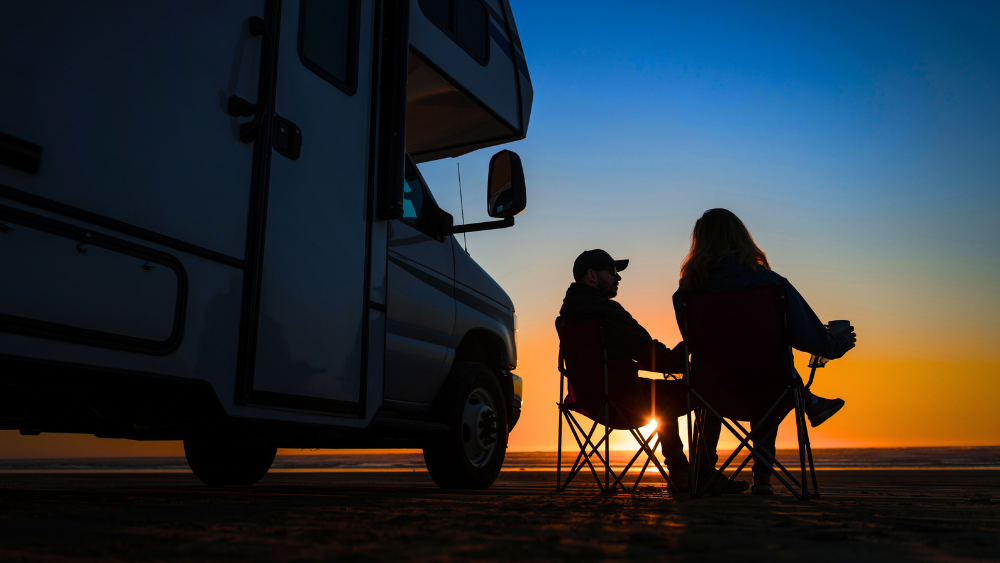Maintaining the Health of Your Recreational Vehicle’s Propane System
Touring the country in a recreational vehicle is a favored past time for many of us. There are many benefits to enjoying the beauty of nature while keeping all the comforts of home at your fingertips, but, there are also important safety features of your RV’s propane system to keep in mind when preparing for your family vacation. The propane system onboard your RV provides heat and hot water, powers your appliances, and can fuel your barbecue grill or other small appliances. Whether you are new to the “glamping” lifestyle, renting an RV for a weekend getaway, or you’re a seasoned pro whose owned one for years, being knowledgeable about your RV’s propane system is essential for your comfort and enjoyment.
RV Propane System Safety:
- Keep in Current: While it is a requirement to have RV propane cylinders requalified once every 10 years, it is a smart rule of thumb to have your propane system checked annually by a trained service technician. The advanced training they receive will allow them to diagnose incorrect tank pressure, leaks, or other potential hazards. Always have any repairs, refills, or replacements done by a certified service technician. Having your RV propane system checked annually can also reduce the risk of carbon monoxide poisoning.
- Your RV on the Road: While driving, your propane system should be shut off. Most cooling1 appliances on board will continue to keep your perishables cold for several hours while traveling. When stopping to refuel, make sure that everyone exits the vehicle, all ignitors or pilot
lights are turned off, propane supply valves are closed, and there is no smoking materials around your vehicle. Also, be sure to keep a BC rated fire extinguisher on board at all times during your travels. - Enjoying Your Destination: After you’ve parked and set up camp, your propane system is safe to use for warmth, cooking, and keeping food and beverages cool. It is important to remember to open your windows and exhaust fans while cooking with your propane system and to never use your stove for comfort heat. Park your RV at least 10 feet away from any heat source, like your campfire, and make sure your cylinders are an equally safe distance away from heat.
A final important note: Any appliances that are meant to be used outdoors should always remain outdoors! Never bring your propane grill or portable heater inside your RV unless they are explicitly approved for indoor use. Portable cylinders being stored while not in use should also remain outdoors – always store these upright in a well-ventilated area.
Additional source:
For more information on RV services visit our website
